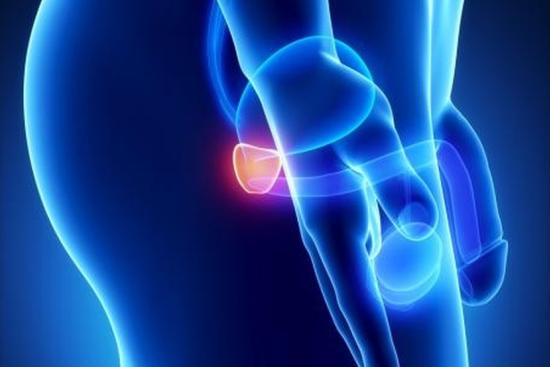The prostate is a chestnut-sized gland of the male reproductive system, located below the bladder and in front of the rectum. It surrounds the urethral canal, which drains urine and sperm. Prostate cancer, one of the most common diseases affecting men, can affect its proper functioning.
Prostate cancer begins when a normal cell undergoes an abnormal transformation and multiplies uncontrollably, forming a tumor. In its early stages, this tumor remains confined to the prostate, but over time it can spread beyond the prostate capsule, the membrane that surrounds and protects the gland. In many cases, however, progression is slow, allowing for early and effective treatment.








